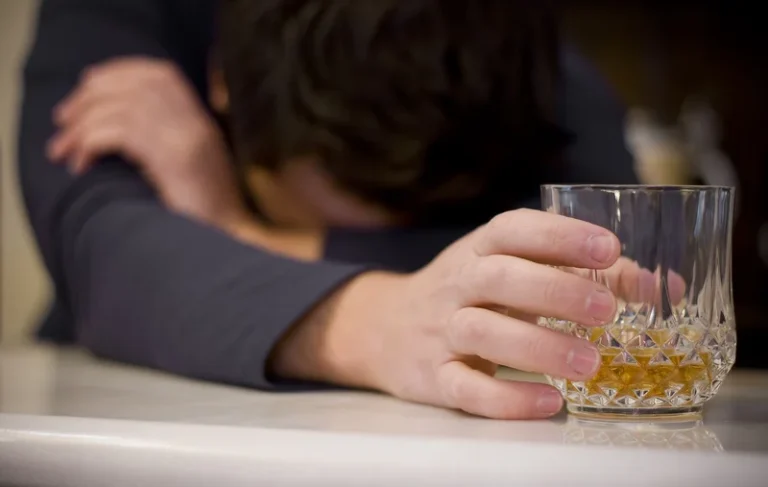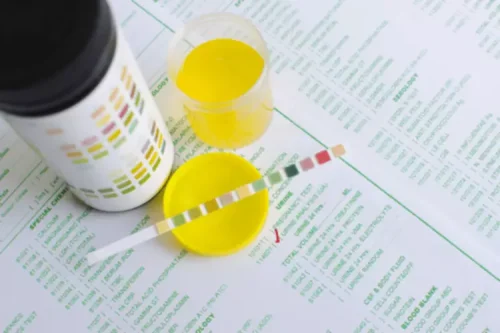
There’s a lack of evidence linking reduced alcohol consumption to weight loss. A study published in 2016 found that decreasing light-to-moderate alcohol consumption did not significantly affect weight loss. Still, the researchers noted that reducing alcohol intake led to less impulsivity, like overeating.
The Diet Review: 39 popular nutrition and weight-loss plans and the science (or lack of science) behind them
According to a study published last year in JAMA Psychiatry, more Americans are drinking alcohol than before, and they are drinking greater amounts than before (see abstract). But if you drink heavily like that every night or even multiple times per night, you may find that weight gain sticks around, even when you’re not drinking or recovering from drinking. Those extra numbers on the scale are likely a result of bloat, water retention, and https://ecosoberhouse.com/ a digestive system that’s not firing on all cylinders. Some people may experience a slowdown in metabolism with alcohol consumption, making it harder for their bodies to burn calories efficiently. This response can vary greatly from person to person, and it’s important to recognize that your own metabolic reaction to alcohol could be different than your friend’s. It can increase the size of the abdomen, but it is different from bloating.
Alcohol spikes cortisol levels in your body.

“However, if it is mixed with sugar-sweetened mixers, juices, simple syrup, or high calorie sodas, it may impact your efforts to lose weight,” Krebs-Holm added. So stick to seltzer water, a hint of lime juice, or diet sodas or juices if you’re looking to drop a few pounds. Red wine is generally a wise choice if you’re trying to lose weight. Many like having a glass or two of red wine at night to wind down, and you can still drop pounds as long as you’re eating the right foods at the correct times.
- Moreover, in order to compensate for the calories ingested from alcohol, these individuals will starve themselves.
- Rather, pretty much every organ in your body takes a beating when you overindulge in alcohol in different ways, and none of them are pretty.
- First, alcohol contains a higher amount of calories per gram than both protein and carbohydrates.
- This is because it’s made from grain or potatoes and has no sugar, so just 1g of carbs per serving.
- They break down food into the basic macro- and micronutrients that are absorbed and used by the body.
Why does alcohol cause bloating?

Sure, alcohol contains empty calories, but how your body metabolizes it, your food choices, and the sleep you get to make the most significant impact. If you’d like to prevent weight gain and still enjoy drinking, try choosing lower-calorie alcoholic beverages and manage how much alcohol you can you gain weight from vodka consume. Opt for low-calorie options like light beer, and skip mixed drinks with a lot of liqueur, juice, and syrup. Ensure you eat a hearty meal before going out, and keep healthy snacks on hand if you get hungry. Cocktails and mixed drinks often have more calories than beer and wine.
- Also, since alcohol delays your liver’s ability to break down fat, you will likely accumulate unhealthy fat the more you drink.
- That’s because a whiskey drink, for example, can quickly go from a 100-calorie drink to 300-plus when you add sugary, high-calorie mixers.
- The good news is that some diet options for vodka are much lower in calories than regular vodka.
- Many mixed drinks contain a high amount of sugar that’s quickly dumped into your fat stores while your body is busy burning off the alcohol.
- The results of several studies propose that alcohol may influence energy intake by inhibiting the effects of leptin, or glucagon-like peptide-1 (GLP-1) [56, 57].
Do People Like the Taste of Alcohol? A Controversial Take

As a result, people who drink heavily may have high cortisol levels. Still, there are a few things you may want to know about alcohol intake and body composition if you think drinking may affect your weight. Alcohol consumed during pregnancy passes through the umbilical cord to the baby, which increases the risk of miscarriage or stillbirth. In addition, drinking while pregnant may result in fetal alcohol syndrome disorders (FASDs). Children with FASDs show a range of physical, behavioral, and cognitive symptoms.
- Drinkaware has a wonderful, reality-inducing tool that lets you calculate exactly how many calories you’re consuming when you go for drinks.
- Conversely, one study found no association between alcohol intake and increases in WC in men, but a small positive association in women [41].
- One explanation is that there is a learned association between alcohol and eating; however, several experimenters disguised the presence of alcohol in their protocols and still found increased energy intake [5].
- Alcohol consumed during pregnancy passes through the umbilical cord to the baby, which increases the risk of miscarriage or stillbirth.

Lascia un commento